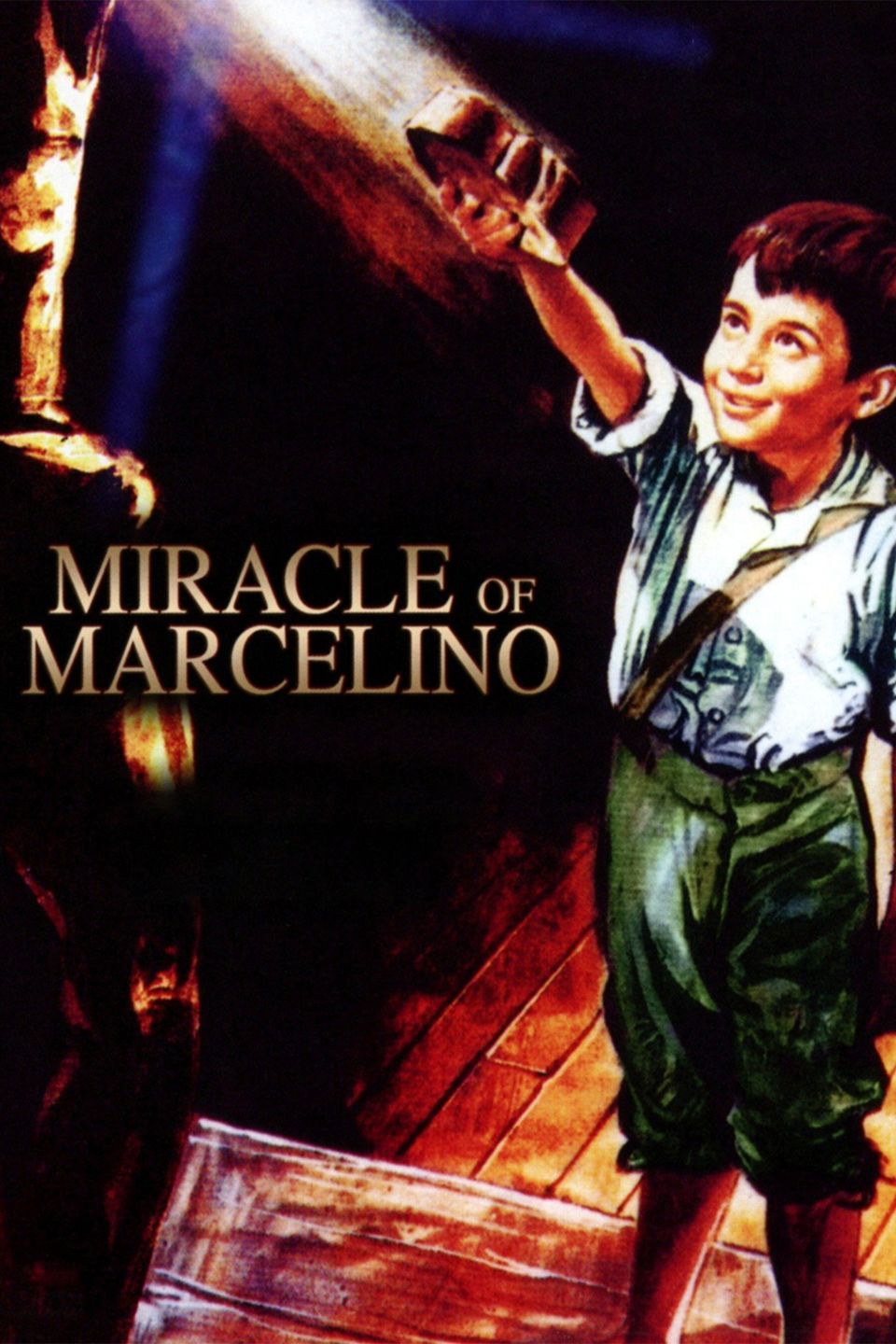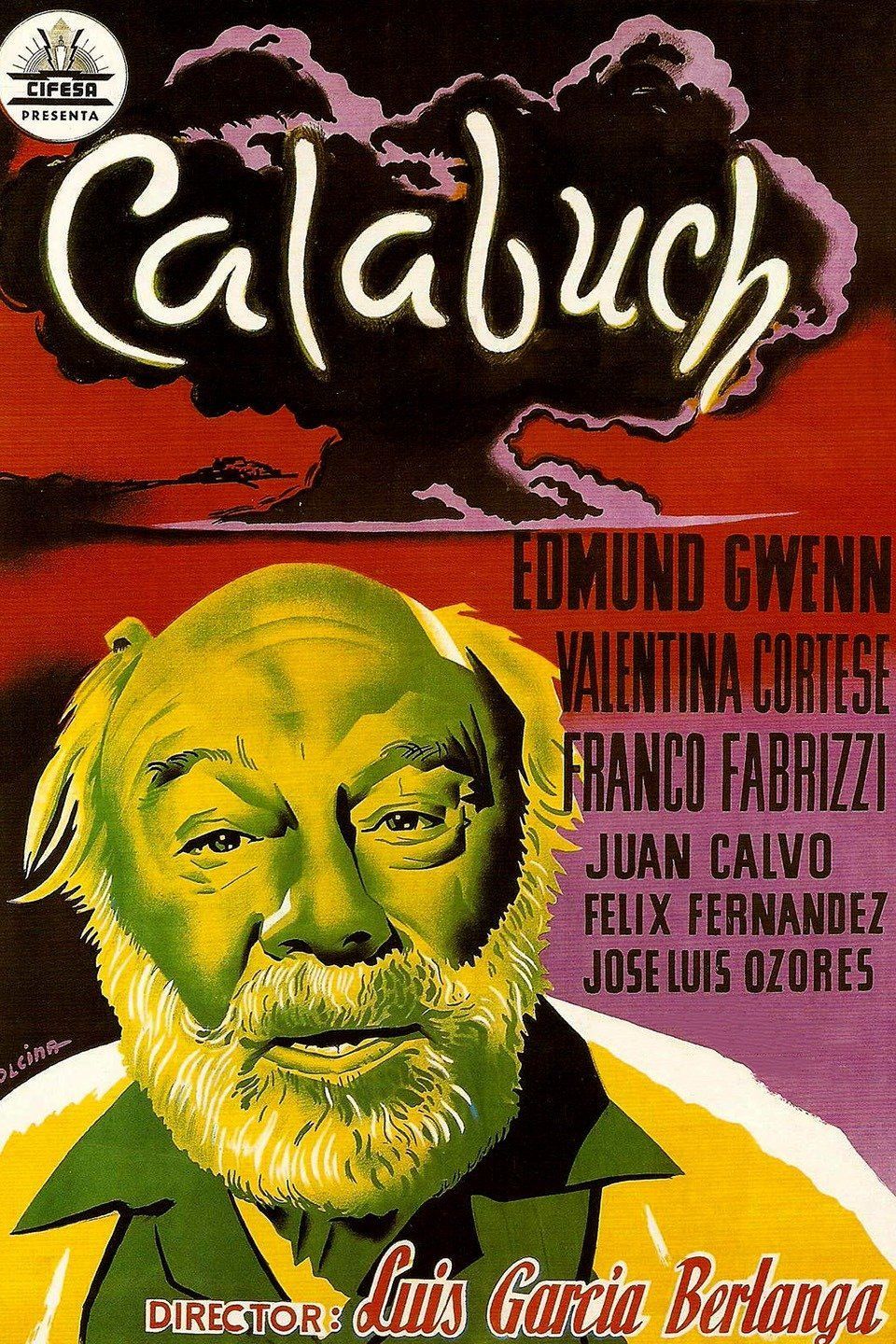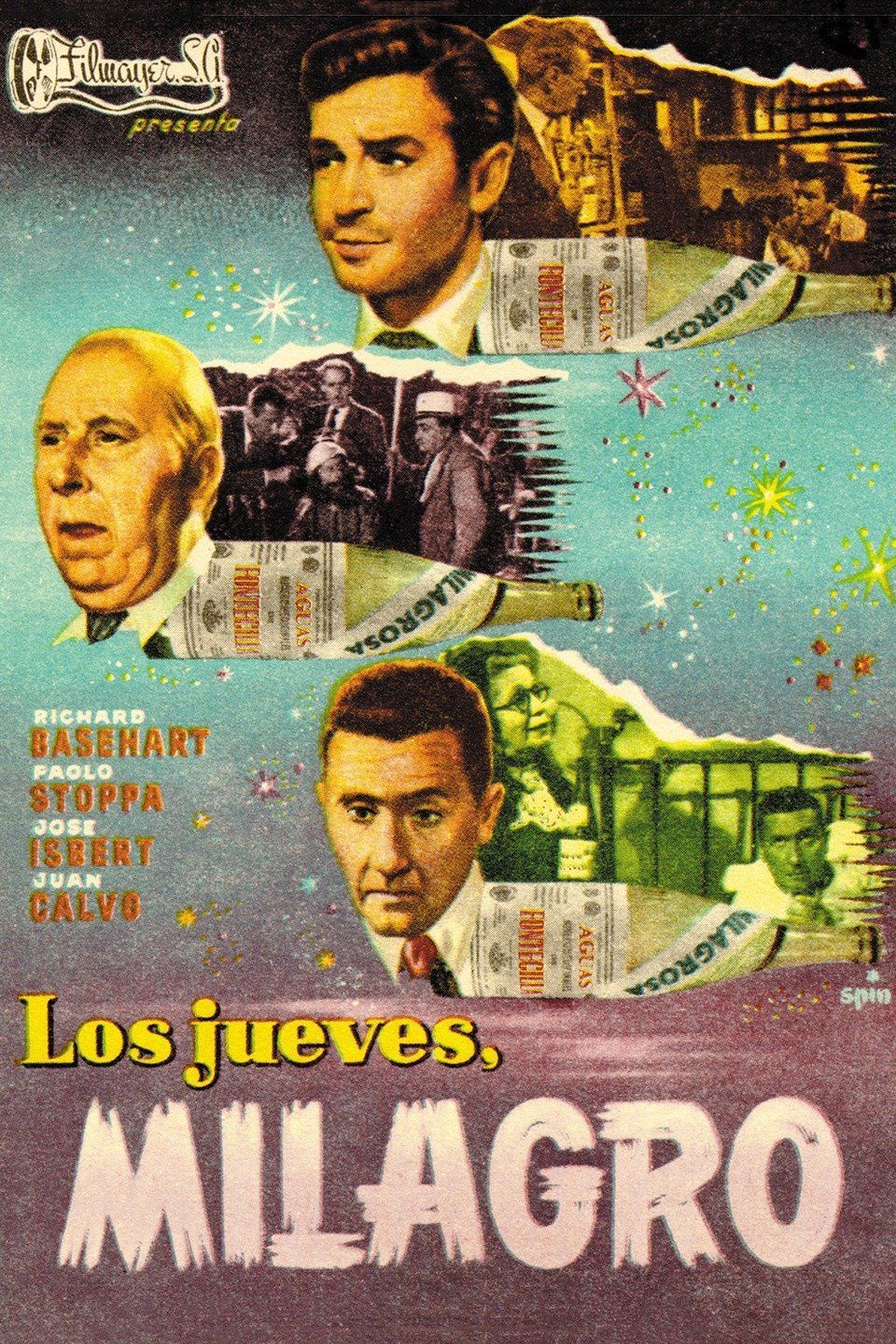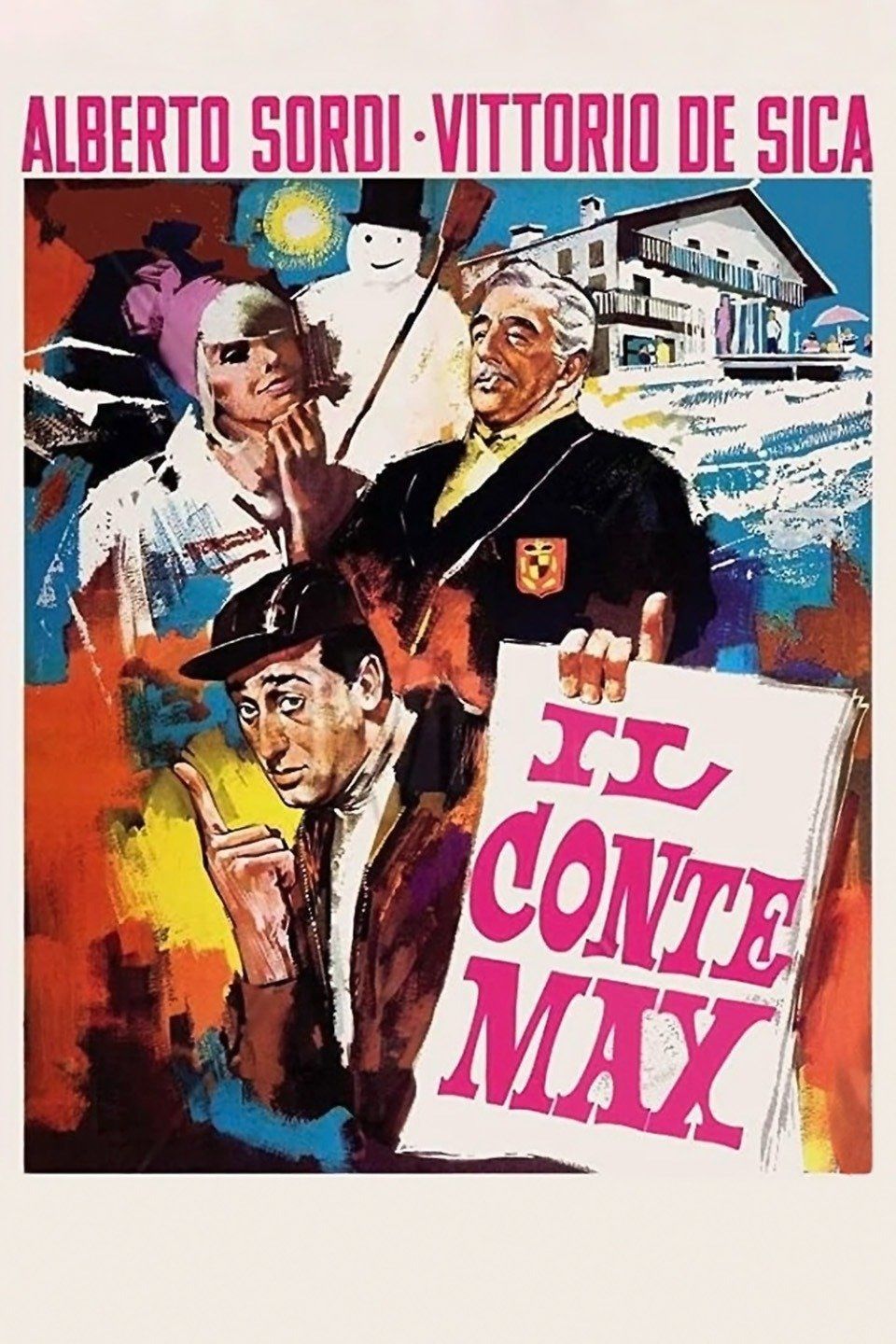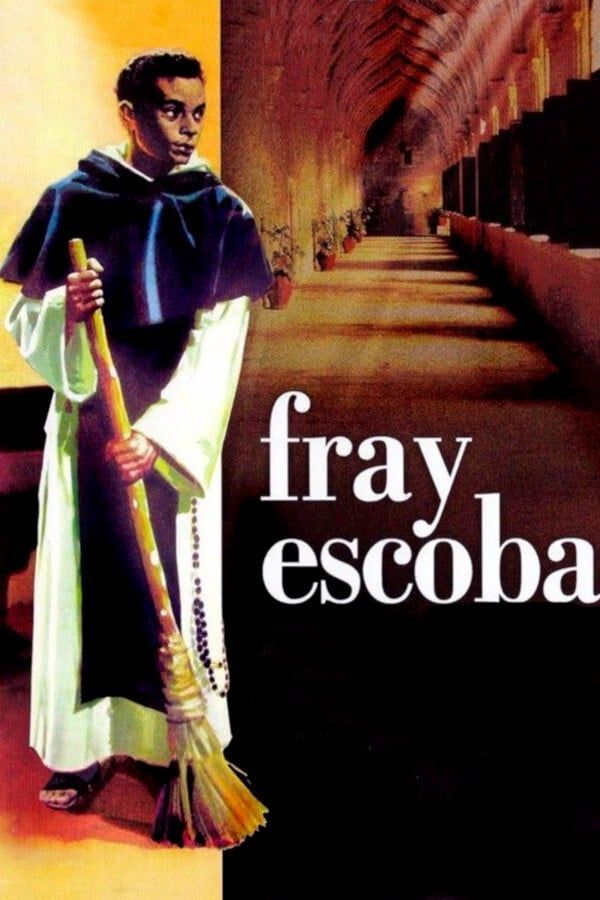JC
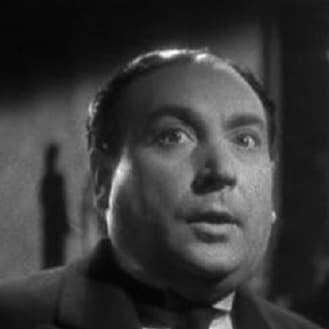
Juan Calvo
Actor
Born May 22, 1892Died March 7, 1962 (69 years)
Juan Calvo was a Spanish actor. He began his contact with cinema in 1934, with a small part in the sound version of Florián Rey's La hermana San Sulpicio. During part of the war he was representing theatrical plays in the national zone, but at the end of the war he abandoned the stage to devote himself fully to the cinema, whose filmography consists of about eighty titles. In 1938 he shot in the German studios of Ufa, Suspiros de España, by Benito Perojo, and the following year he finished shooting the film by Fernando Delgado, El genio alegre, begun in 1936, which had remained unfinished due to the outbreak of the Civil War. After shooting Florián Rey's La Dolores in 1940, he spent a couple of seasons filming between Spain and Italy, where he stood out in Ladislao Vajda's film Conjura en Venecia. In the first half of this decade he also stood out in two other films by this director, El testamento del Virrey and Cinco lobitos, as well as in Raza and El escándalo, by José Luis Sáenz de Heredia; Huella de luz, El clavo, Eloísa está debajo de un almendro and Tierra sedienta, by Rafael Gil; Boda en el infierno and Los últimos de Filipinas, by Antonio Román, or Tuvo la culpa Adán and Ella, él y sus millones, by Juan de Orduña. In 1946 he moved to Mexico, where he filmed until 1953, although he finished filming Don Quixote de la Mancha for Rafael Gil in Madrid in 1947, excelling in his interpretation of Sancho Panza.
In his Aztec journey he worked under the orders of some Spanish directors who were in exile, standing out in Bel Ami, la historia de un canalla (Bel Ami, the story of a scoundrel), by Antonio Momplet. It is also worth mentioning his performance in Allá en el rancho grande, by Fernando de Fuentes. After filming La venenosa, La virgen desnuda and El mártir del calvario for Miguel Morayta, and, finally, Educando a papá, for Fernando Soler, he returned to film again in Spain, although at this stage he definitively stopped alternating with theater. Of his activity on the screen, in this decade he stands out in the film by Ladislao Vajda, Marcelino, pan y vino, in which he gave a memorable performance in the character of Fray Papilla, for which he received the Círculo de Escritores Cinematográficos Award in 1955, an entity that also distinguished him the following year for his work in Calabuch, a film by Berlanga, which gave him the same year the award of the Sindicato Nacional del Espectáculo (National Union of the Spectacle). He also shot for Vajda, Aventuras del barbero de Sevilla, Tarde de toros and Mi tío Jacinto, and for Berlanga, Los jueves, milagro, as well as in Historias de la radio and in Diez fusiles esperan, for Sáenz de Heredia. His last screen appearance was in 1961, in Fray Escoba, by Ramón Torrado.
In his long cinematographic history, he was mainly cast in the roles of bullfighting impresario and businessman, often with the repeated image of an angry man, with a Havana cigar between his fingers, although it was also common that behind that interpretative mask he was allowed to show off his bonhomie.
That easy-going spirit was consubstantial in him. He always stood out for his very personal voice, which he had undoubtedly educated in his years of work in the theater.
In his Aztec journey he worked under the orders of some Spanish directors who were in exile, standing out in Bel Ami, la historia de un canalla (Bel Ami, the story of a scoundrel), by Antonio Momplet. It is also worth mentioning his performance in Allá en el rancho grande, by Fernando de Fuentes. After filming La venenosa, La virgen desnuda and El mártir del calvario for Miguel Morayta, and, finally, Educando a papá, for Fernando Soler, he returned to film again in Spain, although at this stage he definitively stopped alternating with theater. Of his activity on the screen, in this decade he stands out in the film by Ladislao Vajda, Marcelino, pan y vino, in which he gave a memorable performance in the character of Fray Papilla, for which he received the Círculo de Escritores Cinematográficos Award in 1955, an entity that also distinguished him the following year for his work in Calabuch, a film by Berlanga, which gave him the same year the award of the Sindicato Nacional del Espectáculo (National Union of the Spectacle). He also shot for Vajda, Aventuras del barbero de Sevilla, Tarde de toros and Mi tío Jacinto, and for Berlanga, Los jueves, milagro, as well as in Historias de la radio and in Diez fusiles esperan, for Sáenz de Heredia. His last screen appearance was in 1961, in Fray Escoba, by Ramón Torrado.
In his long cinematographic history, he was mainly cast in the roles of bullfighting impresario and businessman, often with the repeated image of an angry man, with a Havana cigar between his fingers, although it was also common that behind that interpretative mask he was allowed to show off his bonhomie.
That easy-going spirit was consubstantial in him. He always stood out for his very personal voice, which he had undoubtedly educated in his years of work in the theater.
Known For
Filmography
| 1962 | Martes y trece · as Inspector De Policía |
| 1961 | Fray Escoba · as Fray Barragán |
| 1961 | La estatua · as Don Rogelio |
| 1961 | Nel blu dipinto di blu · as Sor Ettore |
| 1960 | |
| 1959 | Quanto sei bella Roma · as Sor Checco |
| 1959 | Los tramposos · as Belilla |
| 1959 | Ten Ready Rifles · as Capellán |
| 1958 | El puente de la paz · as Don Galo |
| 1958 | |
| 1957 | La donna che venne dal mare · as Miguel |
| 1957 | Il conte Max · as Zio Giovanni |
| 1957 | Miracles of Thursday · as Don Antonio |
| 1956 | The Rocket from Calabuch · as Matías |
| 1956 | Afternoon of the Bulls · as Don César |
| 1956 | El fenómeno · as Ramón Fernández |
| 1956 | La gran mentira · as Paulino Sándalo |
| 1956 | Uncle Hyacynth · as Used Clothing Salesman |
| 1955 | Historias de la radio · as Señor Gordo |
| 1955 | The Miracle of Marcelino · as Fray Papilla |
| 1954 | The Adventurer of Seville · as El Cartujano |
| 1953 | Carne de horca · as Lorenzo Ruiz |
| 1952 | El mártir del Calvario · as Tomás |
| 1951 | |
| 1951 | Entre abogados te veas · as El Patrón (don Carlos) |
| 1950 | La virgen desnuda · as Cast |
| 1949 | Nosotros los rateros · as Don Raimundo |
| 1949 | Out on the Big Ranch · as Venancio |
| 1948 | Hermoso ideal · as Don Pedro Rubio |
| 1948 | Flor de caña · as Cast |
| 1947 | Don Quijote de la Mancha · as Sancho Panza |
| 1947 | Bel Ami · as Coronel Duclos |
| 1946 | Lágrimas de sangre · as Jorge Aviles |
| 1946 | La mujer de todos · as Conde |
| 1945 | Los últimos de Filipinas · as Cabo Olivares |
| 1945 | El fantasma y Dª Juanita · as Don Elpidio |
| 1944 | El testamento del virrey · as Diógenes |
| 1944 | Ella, él y sus millones · as Lucas, Mayordomo De Arturo |
| 1944 | The Nail · as Campesino |
| 1944 | Tuvo la culpa Adán · as Adán Olmedo De Alcaraz |
| 1944 | Adventure · as El Alcalde |
| 1943 | Eloísa está debajo de un almendro · as Leoncio |
| 1943 | Ídolos · as Director Maretti |
| 1943 | Deliciosamente tontos · as Organista |
| 1943 | A Sight of Light · as Mike |
| 1943 | |
| 1943 | |
| 1942 | |
| 1942 | Raza · as El Campesino |
| 1942 | Goyescas · as Patillas |
| 1941 | The Conspiracy of the Crazy · as Giovanbattista Da Monteseccio |
| 1941 | |
| 1940 | La Dolores · as Fede, Funcionario De Hacienda |
| 1939 |
